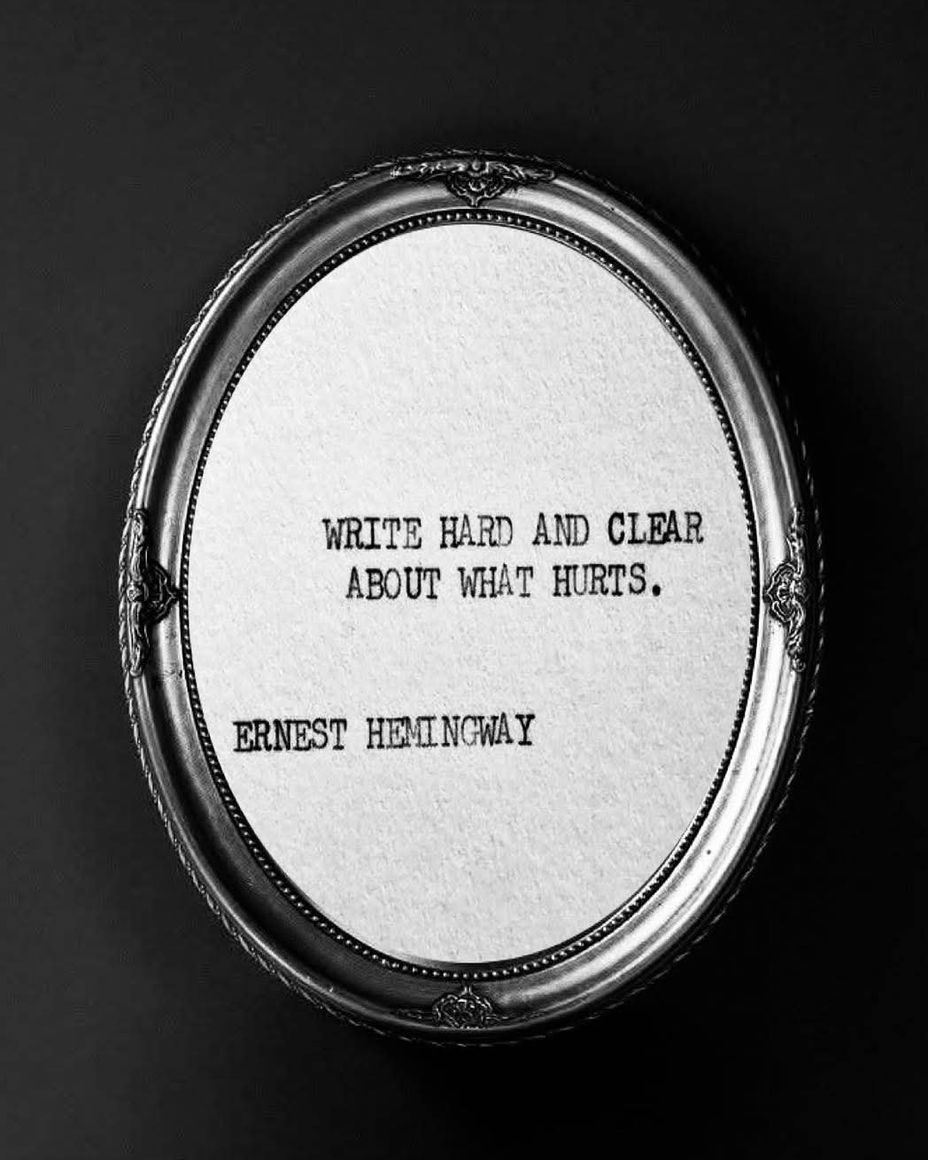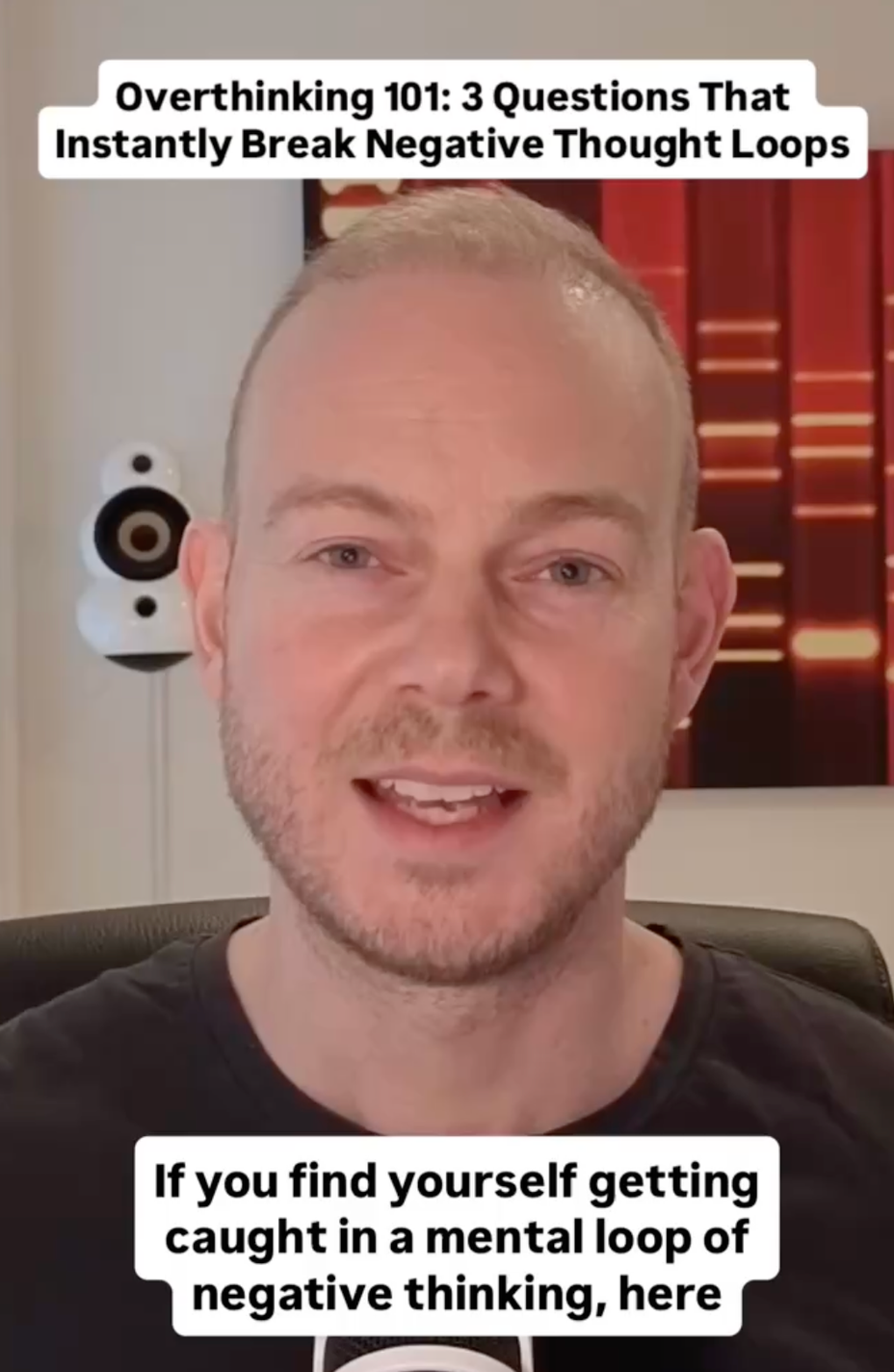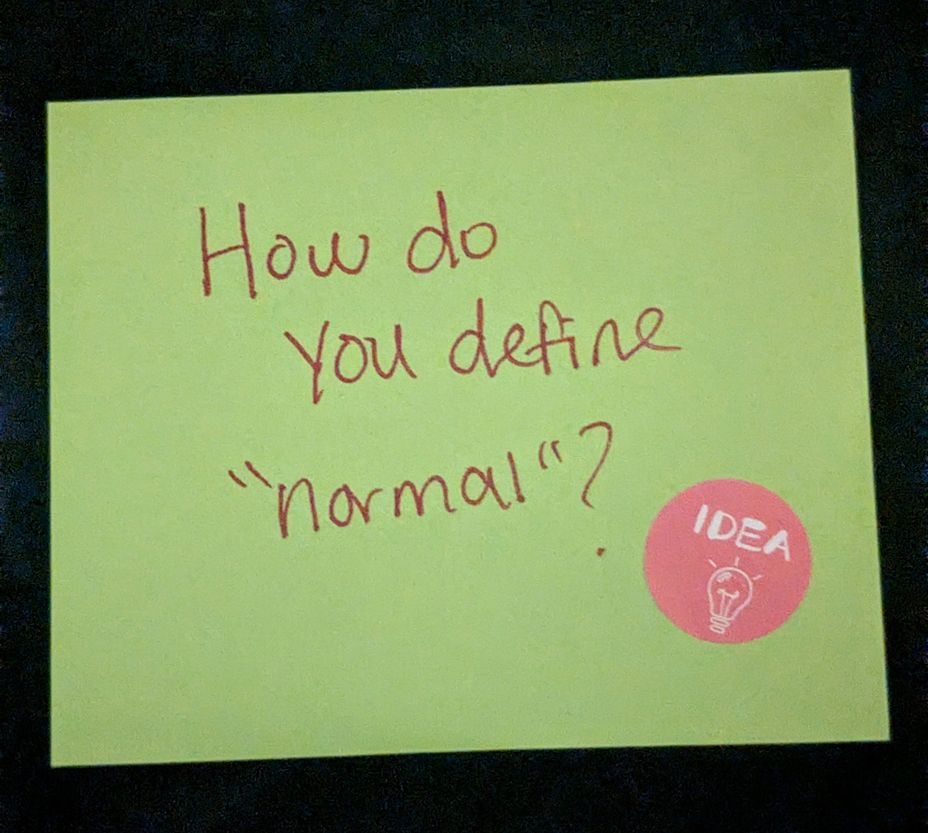I'm new here!
Hi, my name is Larissa78ward. I'm here because
#MightyTogether #BipolarDisorder #Depression #Anxiety #EatingDisorder
Hi, my name is Larissa78ward. I'm here because
#MightyTogether #BipolarDisorder #Depression #Anxiety #EatingDisorder
Hi, my name is Larissa78ward. I'm here because
#MightyTogether #BipolarDisorder #Depression #Anxiety #EatingDisorder

Journaling doesn't have to be fancy, or even in a notebook. You can scribble thoughts down on scrap paper, a post it note or even a napkin. It can be a few sentences, a few paragraphs or even pages long. You'd be amazed how much it helps your brain to get the thoughts out on paper. Also, it can help you process thoughts or something that you're going through that's hard.
If you try it today, let me know how it goes!
#Anxiety #AnorexiaNervosa #Addiction #AutismSpectrumDisorder #ADHD
#Agoraphobia #BorderlinePersonalityDisorder
#BipolarDisorder #BipolarDepression
#Mania #ChronicFatigueSyndrome #CeliacDisease #Cancers #ChronicDailyHeadache #ChildLoss #ChronicIllness #ChronicPain #CrohnsDisease #Dysautonomia #Depression #EatingDisorder #Lupus #SjogrensSyndrome #PTSD #Schizophrenia #Selfharm #Fibromyalgia

Journaling doesn't have to be fancy, or even in a notebook. You can scribble thoughts down on scrap paper, a post it note or even a napkin. It can be a few sentences, a few paragraphs or even pages long. You'd be amazed how much it helps your brain to get the thoughts out on paper. Also, it can help you process thoughts or something that you're going through that's hard.
If you try it today, let me know how it goes!
#Anxiety #AnorexiaNervosa #Addiction #AutismSpectrumDisorder #ADHD
#Agoraphobia #BorderlinePersonalityDisorder
#BipolarDisorder #BipolarDepression
#Mania #ChronicFatigueSyndrome #CeliacDisease #Cancers #ChronicDailyHeadache #ChildLoss #ChronicIllness #ChronicPain #CrohnsDisease #Dysautonomia #Depression #EatingDisorder #Lupus #SjogrensSyndrome #PTSD #Schizophrenia #Selfharm #Fibromyalgia
Hi, my name is scitrine1025. I'm here because I want to learn more about conditions that impact my loved ones and myself, as well as new and effective ways to cope with these chronic conditions. Looking for support, knowledge, kindness and hope.
#MightyTogether #Anxiety #Depression #BorderlinePersonalityDisorder #Migraine #Fibromyalgia #ADHD #PTSD #EatingDisorder #OCD #Grief
Hi, my name is scitrine1025. I'm here because I want to learn more about conditions that impact my loved ones and myself, as well as new and effective ways to cope with these chronic conditions. Looking for support, knowledge, kindness and hope.
#MightyTogether #Anxiety #Depression #BorderlinePersonalityDisorder #Migraine #Fibromyalgia #ADHD #PTSD #EatingDisorder #OCD #Grief

Negative thought loops can feel impossible to escape, but the fastest way to regain control of your mind is to pause and question what’s happening instead of reacting emotionally. When you ask how a thought is making you feel, what it’s trying to teach you, and how you can respond in a productive way, your brain shifts out of panic mode and into clarity. This simple mental health exercise builds awareness, emotional regulation, and long-term peace. Try these three questions the next time your mind spirals and notice how quickly things start to calm down.
Which question helped you the most?
If you want to learn more about this, check out my video by clicking on one of the links below.
www.instagram.com/thomas_of_copenhagen
www.tiktok.com/@thomas_of_copenhagen
~ Thanks to all. Thanks for all. ~
#MentalHealth #MentalHealth #Depression #Anxiety #BipolarDisorder #BorderlinePersonalityDisorder #Addiction #dissociativedisorders #ObsessiveCompulsiveDisorder #ADHD #Fibromyalgia #EhlersDanlosSyndrome #PTSD #Cancer #RareDisease #Disability #Autism #Diabetes #EatingDisorders #ChronicIllness #ChronicPain #RheumatoidArthritis #Suicide #MightyTogether

Mighty staffer @sparklywartanks was recently having an interesting conversation about the definition of “normal,” especially as it relates to managing a mental health condition. It got her thinking about how she defines “normal” and how she learned to recognize the difference between her symptoms and her true personality.
She realized that her definition of “normal” has changed over time. Ultimately, she feels it’s her relationship with self-awareness that helps guide what “normal” means to her each day.
What are your thoughts? How do you define “normal” while living with a health condition? How does your relationship with your health shape that definition?
Feel free to share your insights below! 👇💭
#MightyMinute #CheckInWithMe #ChronicPain #ChronicIllness #Disability #RareDisease #MentalHealth #Anxiety #Autism #Parenting #PTSD #ADHD #BorderlinePersonalityDisorder #BipolarDisorder #ObsessiveCompulsiveDisorder #EatingDisorders #Depression #Fibromyalgia #Lupus #MultipleSclerosis #Migraine #Spoonie